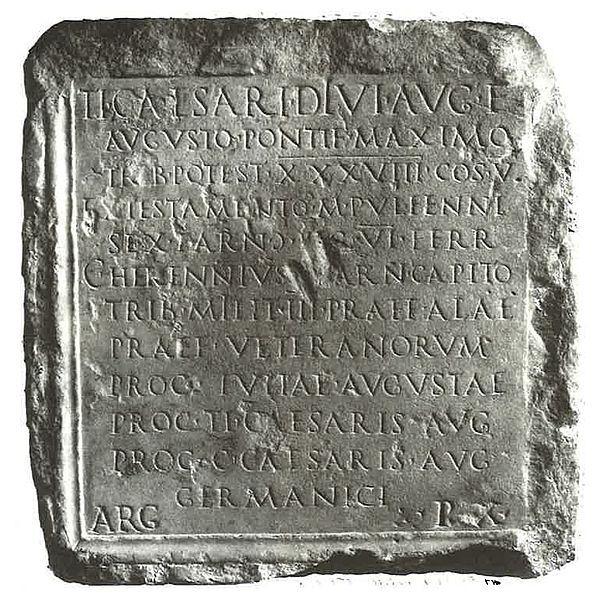Reference
.jpg)



OpenAI's Answer
The Dioscuri, known as Castor and Pollux in Roman tradition, played a significant role in the military and cultural life of ancient Rome. They were considered divine protectors of soldiers and were invoked for their assistance in battles. The cult of the Dioscuri likely arrived in Rome from Greek cities and became integral to Roman military traditions.
-
Divine Protectors: The Dioscuri were believed to provide protection to soldiers in times of war. Their appearance was often interpreted as a sign of divine favor, and they were thought to intervene in battles, assisting Roman troops against their enemies. Their presence was famously noted during the Battle of Lake Regillus in 496 BC, where they reportedly appeared to the Roman forces, leading to victory.
-
Symbol of Victory: The twins were closely associated with military success and were often depicted in art and inscriptions celebrating victories. Temples, such as the Temple of Castor and Pollux in the Roman Forum, were erected to honor them, symbolizing their connection to triumph in warfare.
-
Cultural Significance: Beyond their military role, the Dioscuri represented ideals of bravery, loyalty, and brotherhood, making them important figures in Roman culture. They were also patrons of horsemen and were linked to equestrian contests, further embedding them in the fabric of Roman martial identity.
-
Rituals and Festivals: The Romans held various rituals and festivals in their honor, reinforcing their status as protectors of the state and its military endeavors. The Dioscuri were celebrated not only for their martial aspects but also as symbols of hope and guidance for those in peril.
The Dioscuri's legacy in Roman military tradition illustrates how mythology and religion were woven into the practical aspects of life, especially in the context of warfare. For further details, you can explore sources like Encyclopedia Mythica and Wikipedia on the Temple of Castor and Pollux.

Follow Up
Related
What was the outcome of the conflict between the Dioscuri and their cousins?
Where were the Dioscuri particularly important and why were they appreciated there?
What is the significance of the pear tree to the Spartans in relation to the Dioscuri?
What evidence suggests that the Dioscuri's cult was widespread in ancient societies?